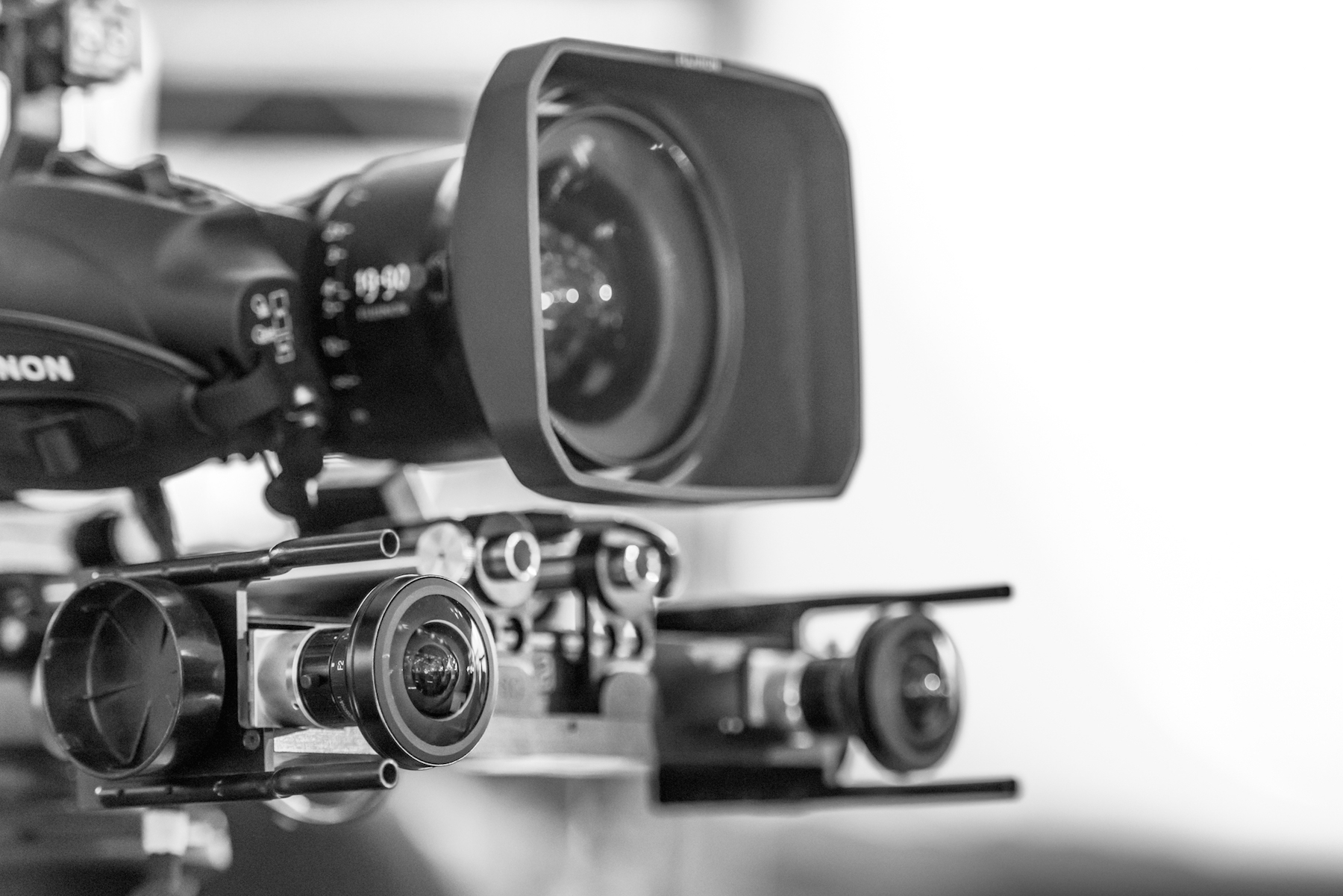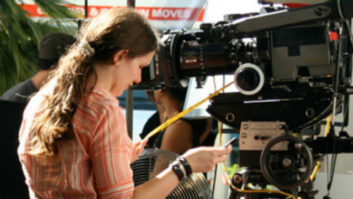
Ncam has been awarded the Queen’s Award for Enterprise in the Innovation category.
The developer has been recognised for its augmented reality work for film and television.
Nic Hatch, Ncam CEO, said, “Broadcasters and film makers around the world now rely on our product day in, day out, but this award is recognition from people who do not know the details of our industry.
“It says that the technologies we develop, and the work we do in conjunction with academia through EU co-operative programmes, are genuinely significant. That is very gratifying.
“This status makes it easier for us to recruit the very best staff and take major roles in future international collaborations.”
To achieve the illusion that CG elements are actually in the scene, the user has to be aware of exactly where the camera is, and what it is seeing, at all times. A continuous stream of data is needed to identify the position of the camera in three-dimensional space.
Hatch explained, “For the technology to work, you need to identify a large number of points within the scene, map them, and – this is the really hard bit – update that map faster than the camera frame rate to provide real-time sub-pixel accuracy.
“We recognised that to do it accurately, a lot of input data is needed, so, where other tracking systems use a single witness camera, we have a stereo pair. We also back it up with accelerometers and gyroscopes to help predict where the camera is moving.
“Our technology also collects far more data to predict where the camera is looking, and we have faster, cleverer algorithms to process it.”
Ncam is currently developing its technology solution by combining its camera tracking with new relighting and depth technology, with the aim to deliver photorealistic augmented reality.






